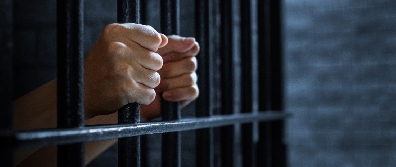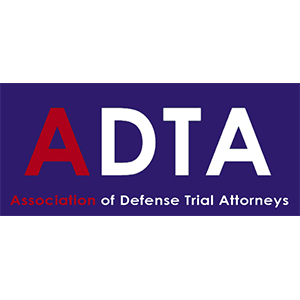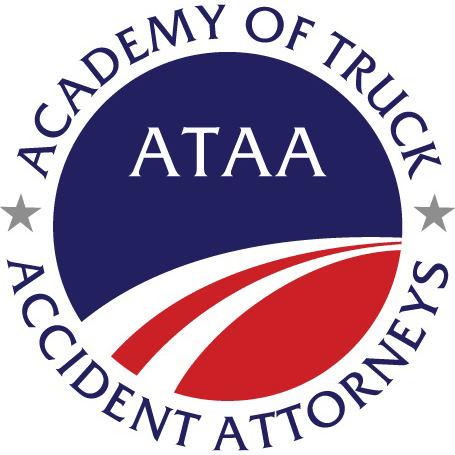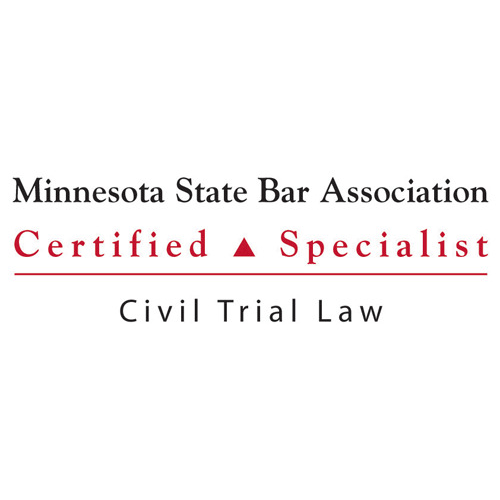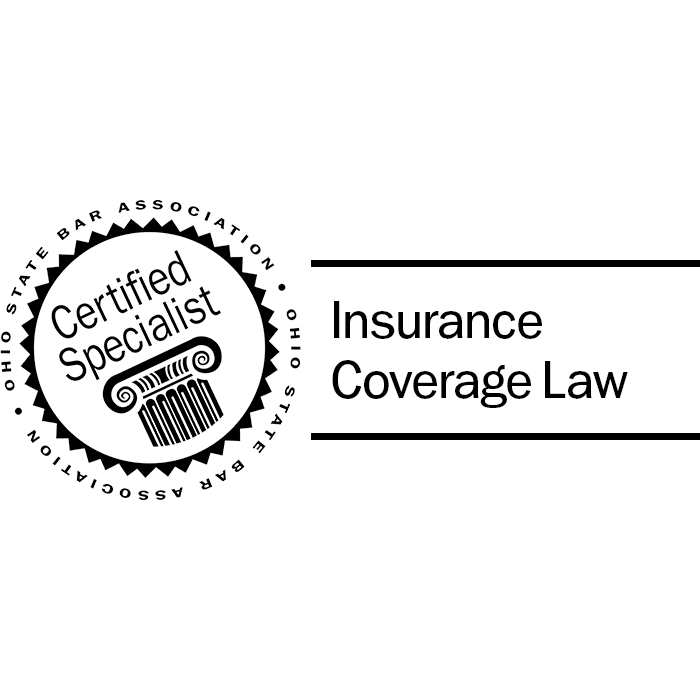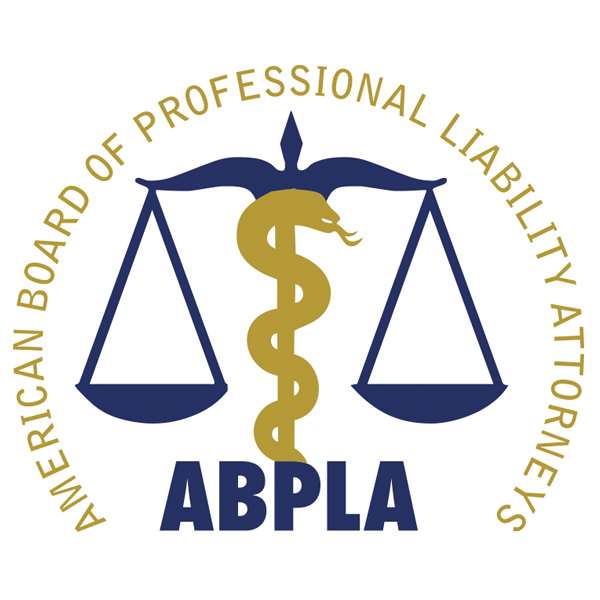A person who has been injured may see television commercials in which brash, loud attorneys, or even a celebrity spokesperson, claims to be a personal injury lawyer who can get his or her clients a big reward. Typically, these are actually referral services, and the big-name attorney may have spent little time in the courtroom himself or herself. While many fine attorneys use such referral services, a personal injury victim may also find an attorney himself or herself.
An attorney who is board-certified in civil trial or personal injury law has been reviewed by an independent organization and deemed qualified. A personal injury lawyer who is a member of a civil justice organization or trial lawyers association usually has access to resources and education.
Typically, in a personal injury case, the lawyer will work on a contingency fee. That means the lawyer will take his or her fee from the settlement or the award. If you recover nothing in the litigation, you do not have to pay the lawyer. Fees are something a person should discuss before agreeing to hire an attorney.
Even within the category of personal injury law, attorneys focus on different kinds of cases. The best attorney for your particular case should be experienced with representing clients with similar injuries in the same jurisdiction.
Most personal injury attorneys provide a free consultation to discuss your case.
When you call the personal injury attorney or set up the consultation, you can ask important questions such as:
- how much is my case worth?
- how will the other side calculate the settlement offer that they will make?
- will we have to file a personal injury lawsuit or will the case settle before trial?
- what does a personal injury attorney do in a case like this?
- how are the attorney fees and costs calculated?
- you a member of any local, state or national Civil Justice or Trial Lawyer Associations?
- are you recognized as a board certified specialist in any state or national certification program for civil trial law, personal injury trial law, or truck accident law?
Personal injury attorneys investigate the facts of the case, calculate the damages, give legal advice and seek to maximize the amount of any settlement on behalf of their client.
Read this article to learn more about how to find the best personal injury attorney for your particular type of lawsuit, how much personal injury attorneys make, what the attorney charges and questions to ask the attorney during the initial consultation.
Seek out the services of an experienced lawyer to find the best legal advice for your type of personal injury or accident claim.
















